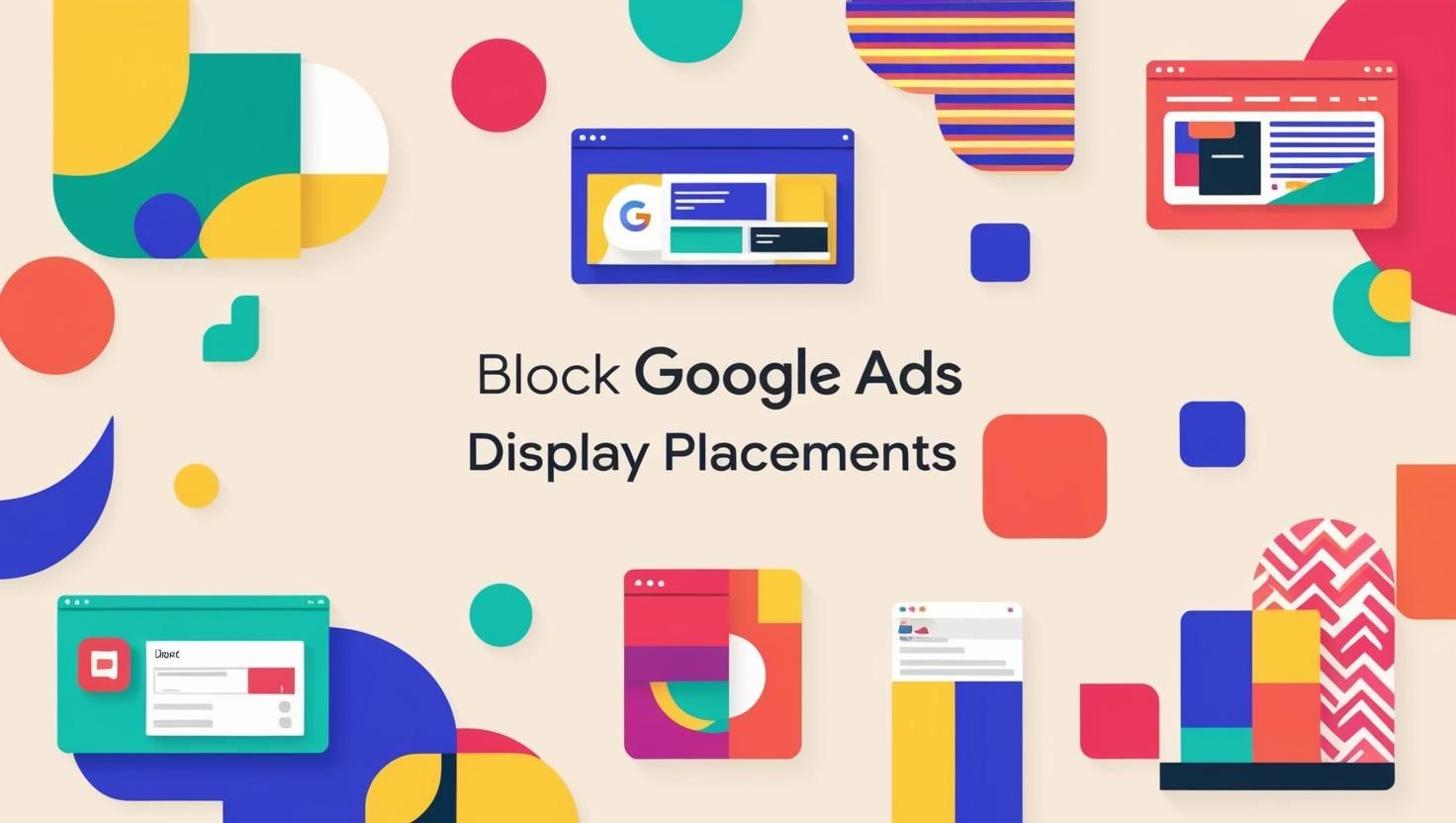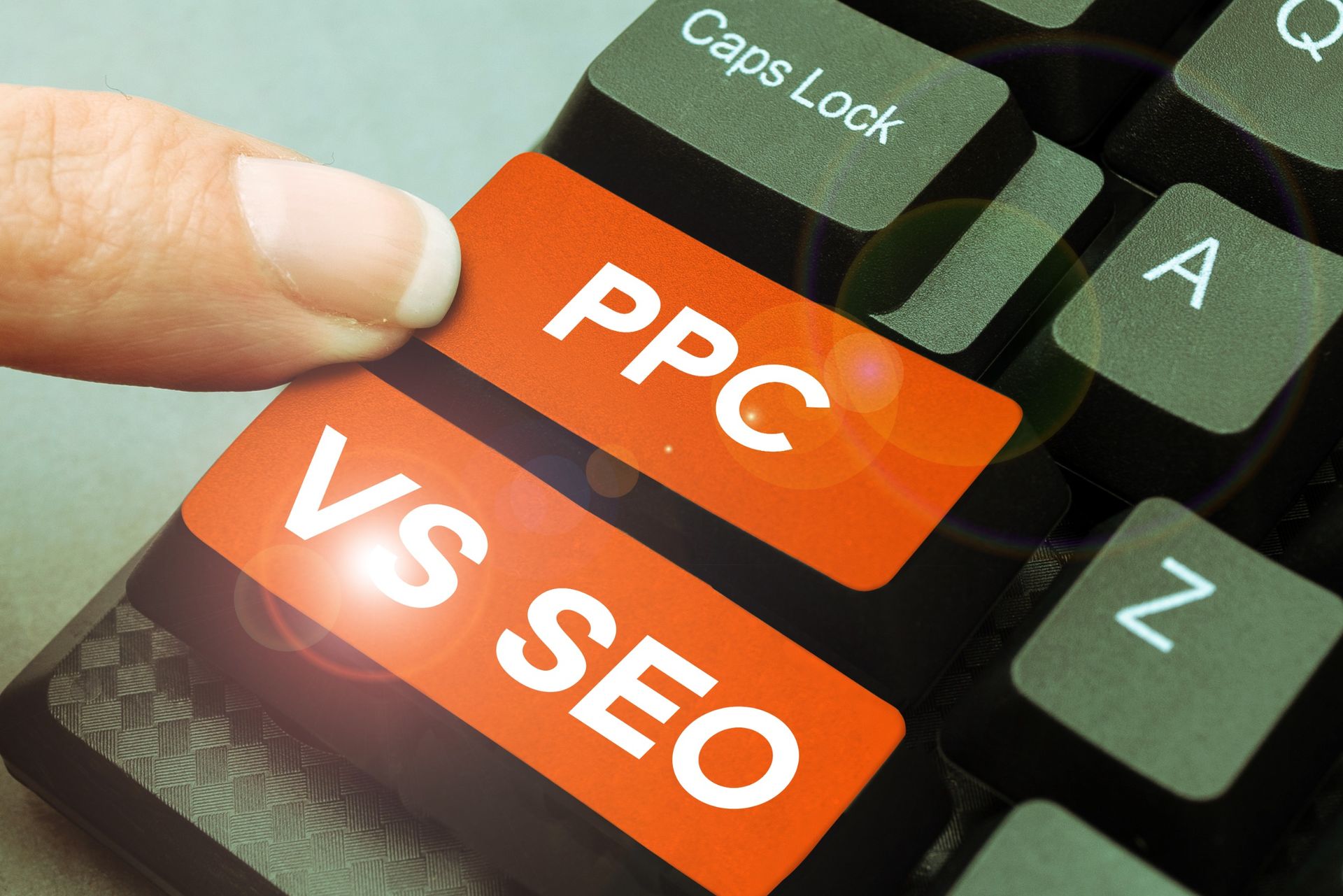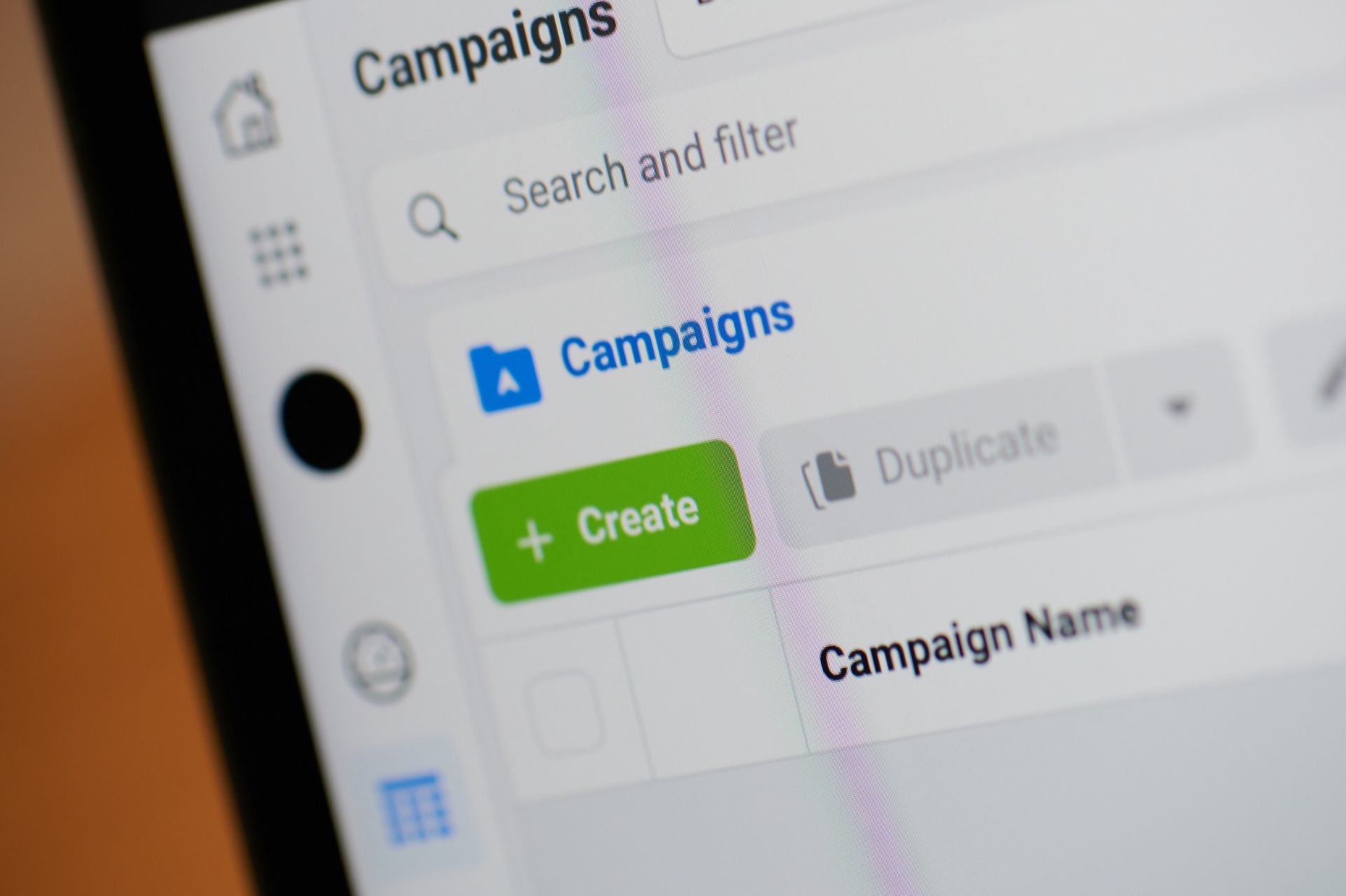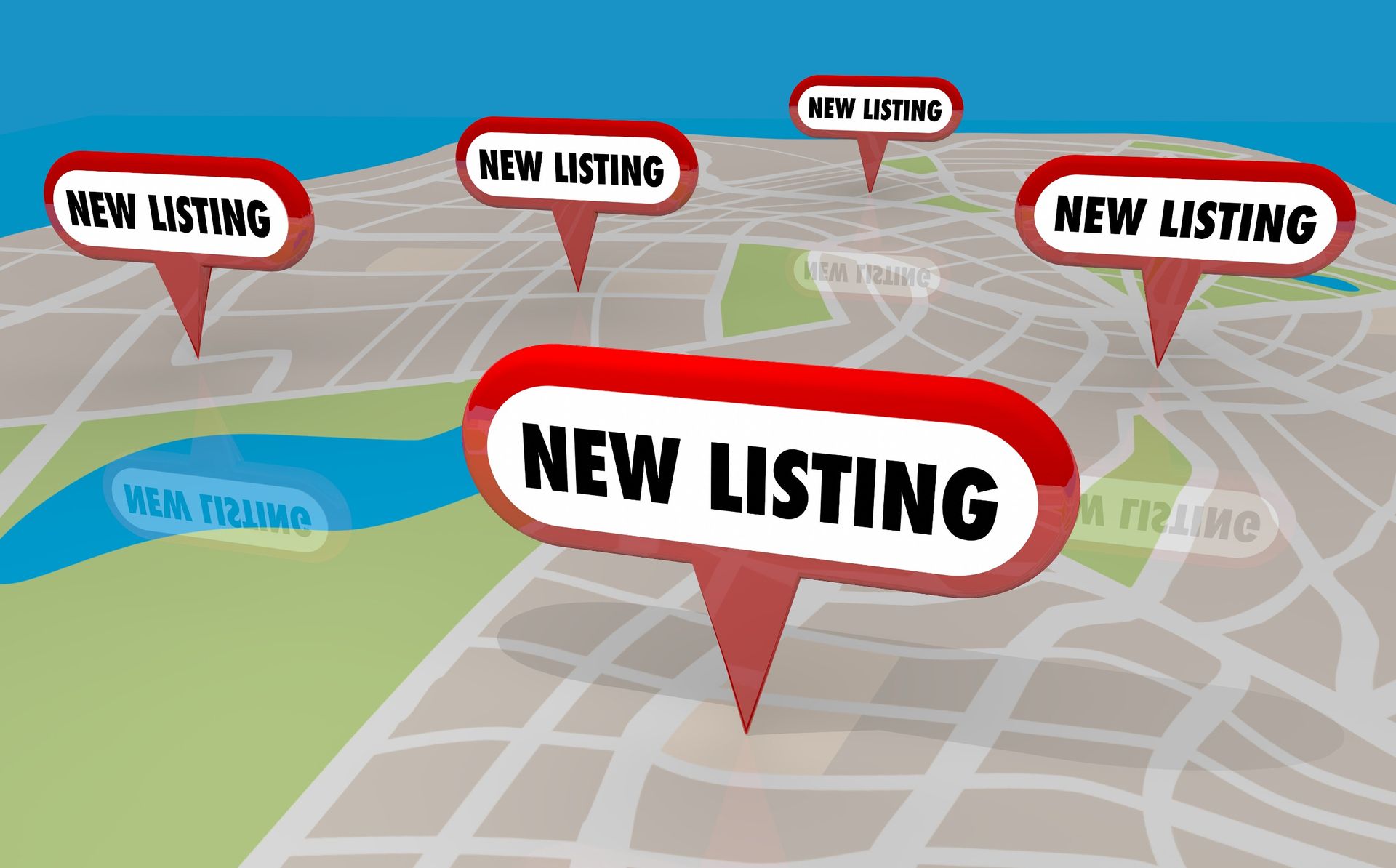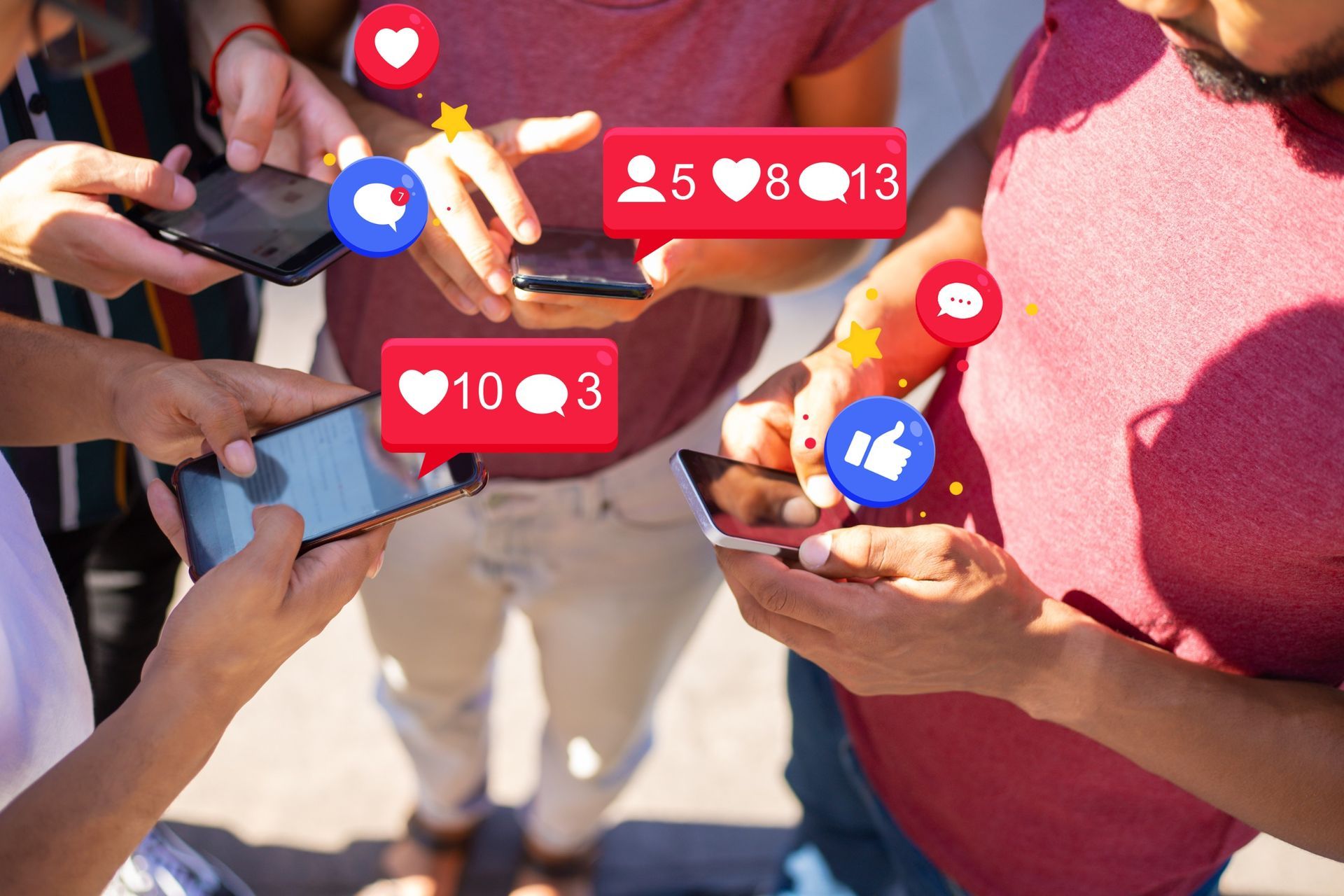Mastering the Art of Google Ads for Your Small Business
In the vast digital landscape, visibility is the currency of success. With competition just a click away, harnessing the power and precision of online advertising can be the strategic edge you need to outshine and outperform.
Enter Google Ads—a direct line to the world’s largest audience, setting up camp right where your potential customers are looking.
1. The Dynamic World of Google Ads
Google Ads is an advertising platform that allows businesses to pay to display brief advertisements, service offerings, product listings, and video content within the Google ad network to web users. It aims to match advertisements to the users' interests and aligns with content on the internet.
Google Ads is a game-changer for small businesses. It enables you to target your ad based on specific demographics, interests, and online behavior.
The beauty of Google Ads lies in its versatility – whether you're launching a new product, increasing brand awareness, or driving sales, the platform offers a myriad of options to help you achieve your goal.
Key Terms You Need to Understand
For those new to the scene, Google Ads can seem like a complex mix of jargon and statistics. Here are the terms you'll encounter most frequently:
- Impressions: The number of times your ad is shown.
- Clicks: The number of times users click on your ad to reach your website.
- CTR (Click-Through Rate): The ratio of clicks to impressions, often expressed as a percentage.
- CPC (Cost Per Click): The actual price you pay for each click in your Pay-Per-Click (PPC) marketing campaigns.
- CPM (Cost Per Thousand Impressions): A bidding strategy that lets you bid and pay per 1,000 views your ad receives.
- Conversions: When a user completes an action on your site that you’ve defined as valuable (like a purchase or email sign-up) after clicking on your ad.
Beyond these terms, there are a myriad of more advanced metrics you can use to fine-tune your campaigns, but understanding these basics is a solid start.
2. Setting Up Your First Google Ads Campaign
Step 1: Creating Your Google Ads Account
The first step toward launching a Google Ads campaign is creating your account. Head to the Google Ads homepage and click 'Start Now' to begin the process. You'll be prompted to select your goals, whether it's to get more website visits, increase sales, or get more calls.
Make sure you fill out your billing details accurately and choose the right currency for your location.
Step 2: Choose the Right Campaign Type
There are several campaign types available, but for most small businesses, the 'Search Network' campaign is a good starting point. This type of campaign shows your text ads to customers when they search for similar products or services on Google.
- Search Network: Great for reaching people looking to buy or learn more about your products or services.
- Display Network: Wider reach, showing ads on a variety of sites to which your audience is likely to visit.
- Shopping: Showcase your products, driving online traffic to your website or local store.
- Video: Engage your audience with compelling video content on YouTube and across the web.
- App: Promote your app across Google’s largest properties like Search, Google Play, YouTube, and the Google Display Network.
Step 3: Choose Your Budget and Bidding Strategy
For obvious reasons, budgeting is a crucial aspect of your ad campaign planning. Google Ads offers a flexible bidding model that allows you to set a maximum cost-per-click bid (the highest amount you're willing to pay per click on your ad). You can also opt for automated bidding strategies that leverage machine learning to optimize for your chosen goal.
3. Crafting Compelling Ad Copy
Ad Copy That Clicks
Your ad copy is your digital first impression—make it count. Keep your message clear, concise, and compelling. Include your unique selling proposition and a call to action.
The Power of A/B Testing
Don't just set and forget your ads. A/B testing, or split testing, is the process of comparing two versions of an ad to see which one performs better. This practice is fundamental to continually improving your ad's effectiveness.
4. Managing Your Budget Wisely
Setting a Realistic Budget
Your budget will depend on various factors, including the competitiveness of your industry, the keywords you're targeting, and your specific business goals. Start with a budget you're comfortable with, and as you become more familiar with how your ads are performing, you can adjust accordingly.
Maximizing Your Budget's Impact
Smart budget management involves more than just setting a number and hoping for the best. Use tools within Google Ads to maximize your budget, like the ad schedule tool that lets you show your ads at optimal times.
5. Measuring Success and Making Adjustments
Interpreting Performance Metrics
Understanding your Google Ads metrics is crucial to determining the success of your campaigns. Begin by focusing on metrics like CTR, conversion rate, and cost per conversion (CPC) to assess campaign effectiveness.
The Art of Campaign Optimization
Google Ads gives you the power to tweak and optimize your campaigns in real-time. This could mean adjusting your keyword strategy, fine-tuning your ad copy, or testing different landing pages to see what works best.
6. Navigating Targeting Options to Reach Your Audience
The Basics of Audience Targeting
Google Ads lets you target your ads to specific groups of people, like those who have visited your website, or are in a particular demographic. Draw on the data you have about your target audience to make informed choices about who you want to reach.
Refining Your Targeting Over Time
Don't be afraid to experiment with different targeting options. By refining your audience over multiple campaigns, you can create a profile of who is most likely to engage with your ads and convert on your site.
7. Automating Routine Tasks for Efficiency
Leveraging Google's Tools
Google Ads provides a suite of automation tools that can help streamline your ad management. This includes automated bidding strategies, ad suggestions, and dynamic search ads that automatically show relevant services or products based on the content of your site.
The Human Touch in Automation
While automation can be a powerful ally, it's not a complete replacement for human strategy and creativity. Regularly review the performance of automated elements of your campaigns to ensure they're aligning with your business goals.
8. Staying Compliant and Ethical in Your Advertising
Navigating the Guidelines
Google has strict policies about what can and cannot be advertised, and how ads need to be presented. Ensure you're familiar with these guidelines to avoid any surprises or penalties down the line.
Maintaining Ethical Advertising Practices
Transparency, honesty, and respect should be at the core of your ad messaging. Make sure your ads make clear what you're offering and don't mislead potential customers. Ethical advertising is not only the right thing to do—it's good for business.
9. Adapting to Evolving Trends and Best Practices
The Only Constant is Change
The digital marketing landscape is constantly shifting, and Google Ads is no exception. Stay informed about the latest trends, best practices, and updates to the Google Ads platform to keep your campaigns relevant and effective.
Continuous Learning and Development
The best advertisers are those that never stop learning. Tap into the wealth of resources Google provides for advertisers, including certification courses, webinars, and community forums. Don't forget to learn from your own experiences, too—the most valuable lessons often come from doing.
10. Seeking Professional Support When Needed
Knowing When to Ask for Help
Despite the user-friendly interface of Google Ads, managing campaigns can be a complex and time-consuming task. If you find yourself struggling, or if you simply want to maximize your ad performance, consider seeking out a professional to lend a hand.
Partnering with Agencies and Experts
There's no shortage of agencies and experts who specialize in Google Ads. The right partner can bring an in-depth understanding of the platform, industry-specific knowledge, and valuable insights to your campaigns. It's not about delegating the task—it's about leveraging expertise to take your advertising to the next level.
In Conclusion
Navigating the world of Google Ads can be a boon for your small business. It requires careful planning, strategic thinking, and a willingness to learn and adapt.
For small business owners, this guide serves as a robust intro to the power of targeted online advertising. Remember to set clear goals, monitor and adjust your campaigns, and always stay true to your brand. With Google Ads, the spotlight on your success is just a click away.
Ready to Get Started with Google Ads?
There is no one better to be on your side if you are embarking on your marketing journey and looking for a reliable and experienced partner to handle your digital advertising with Google Ads.
We have worked with clients across industries and sectors and have helped them achieve their marketing goals. Our talented team has expertise in several marketing channels and platforms and works together to hit the mark! Our services include display ads, search ads, social ads, and more. You can reach us at 18446994253 or fill out our contact form to know more.
